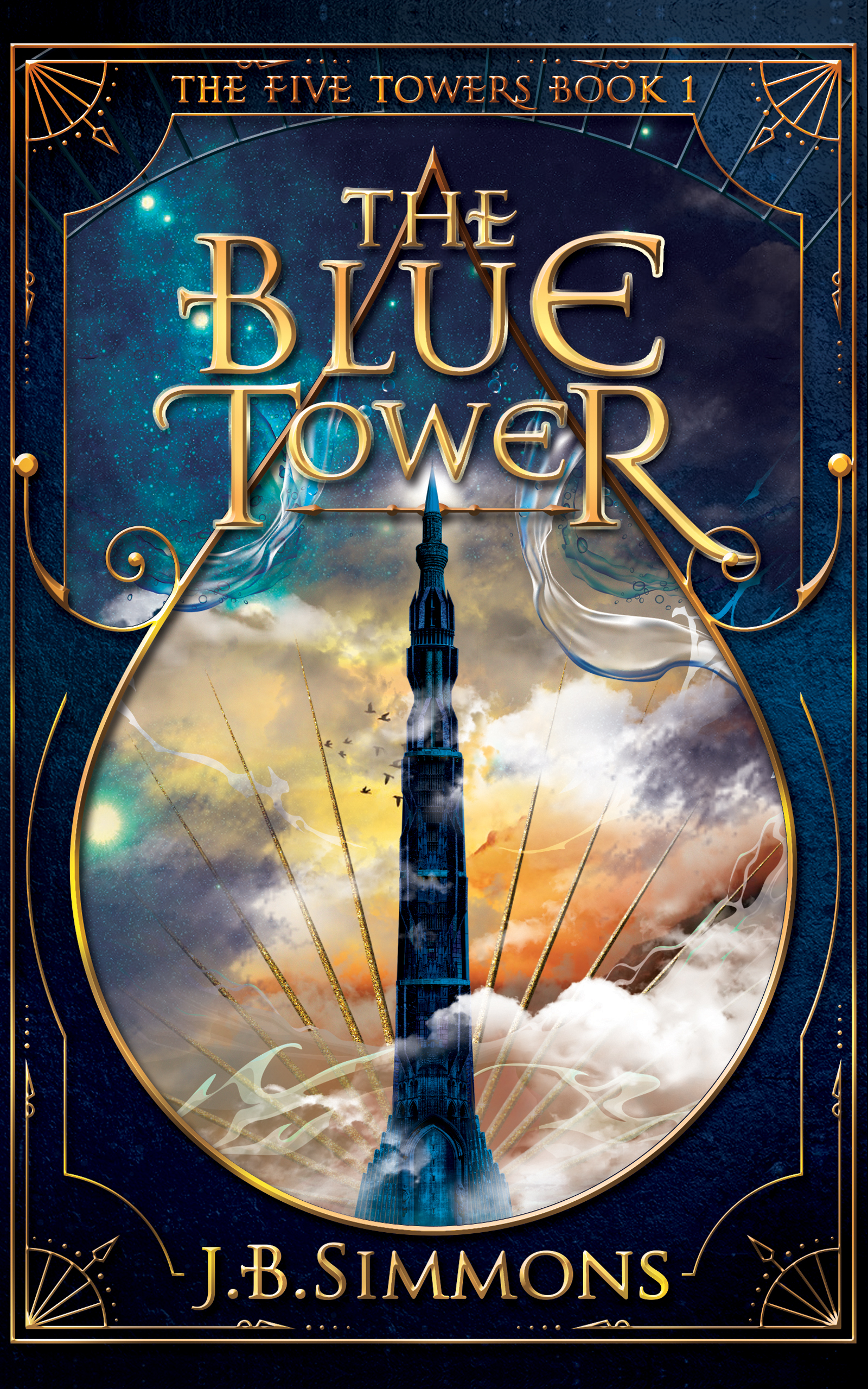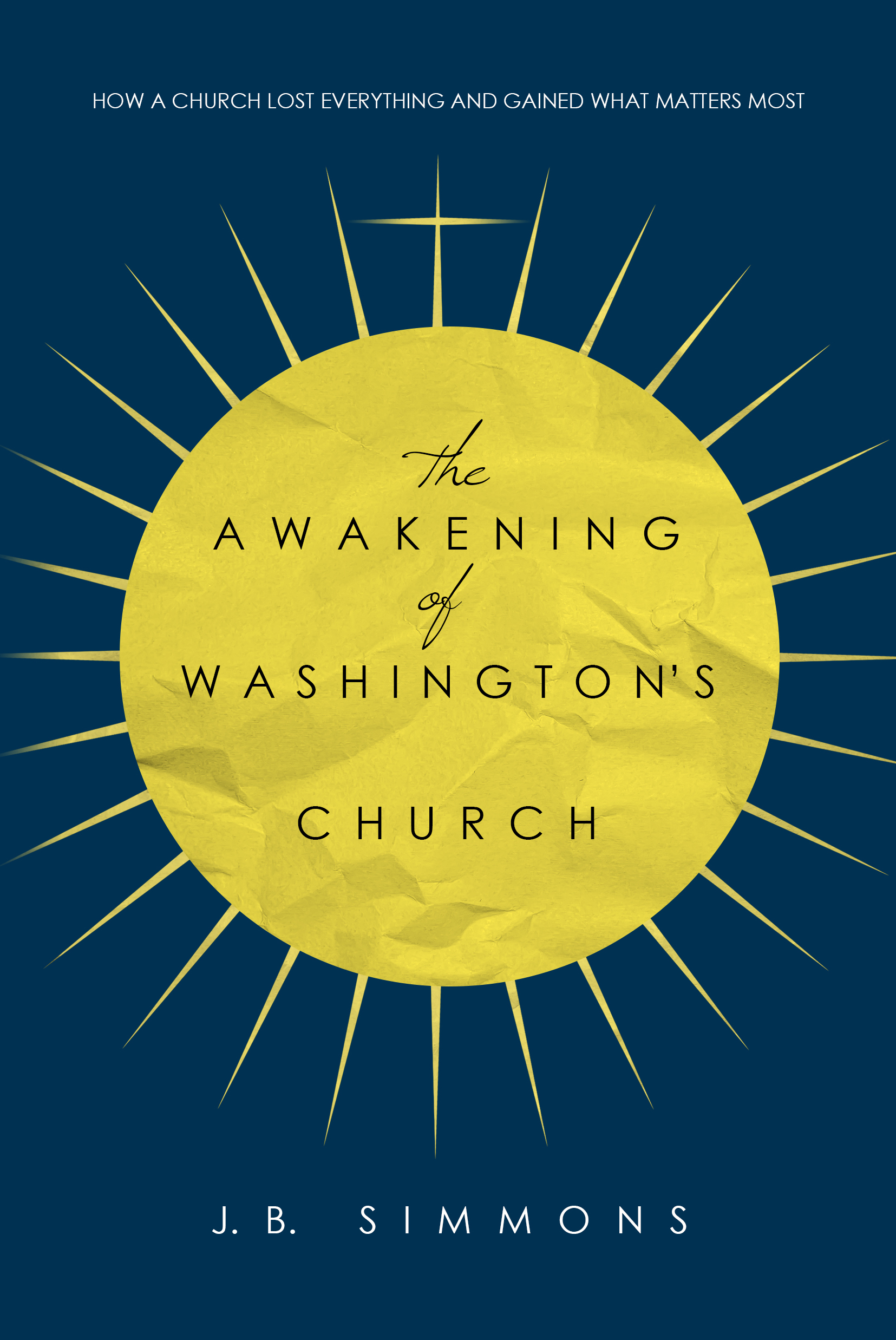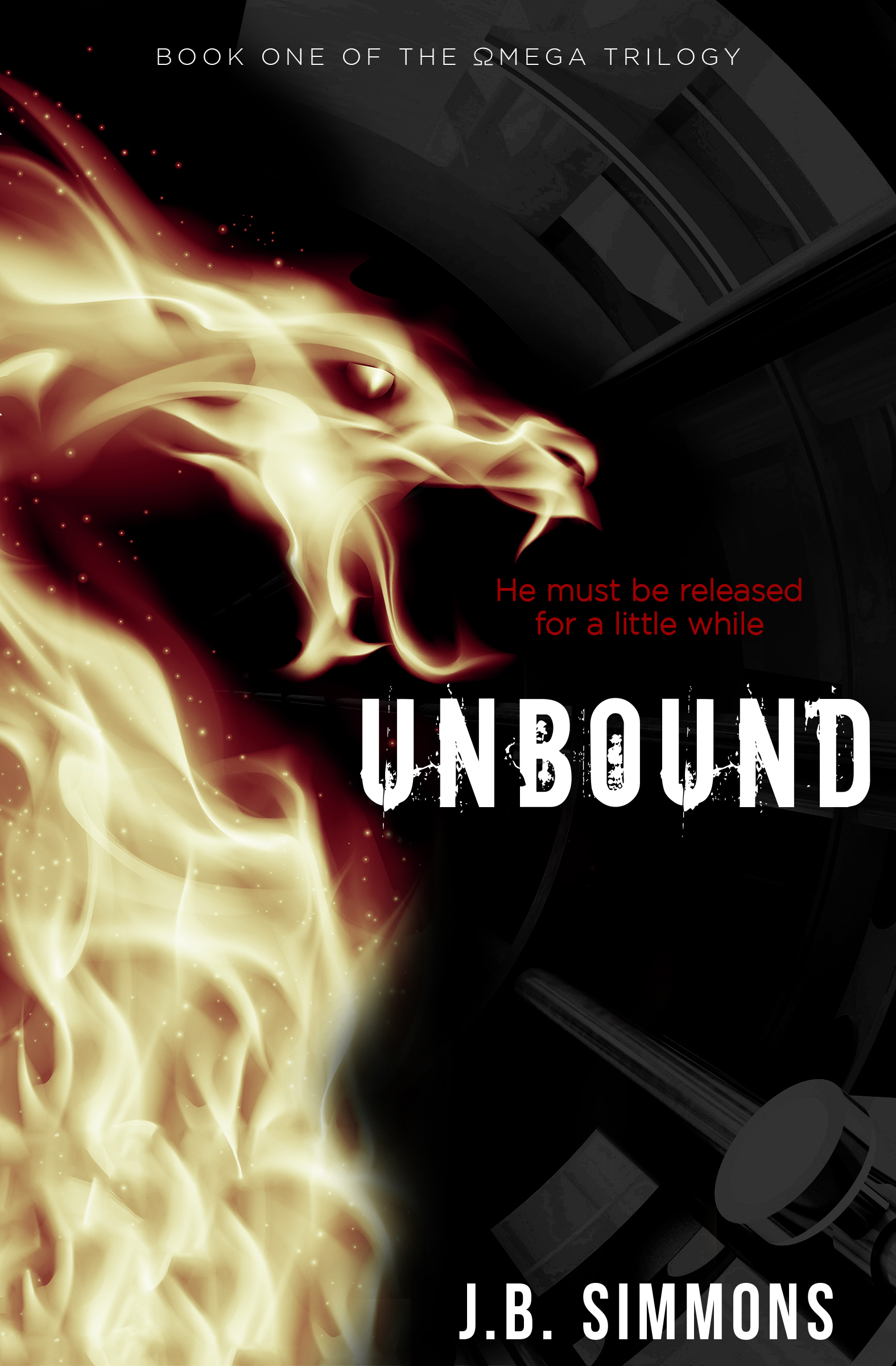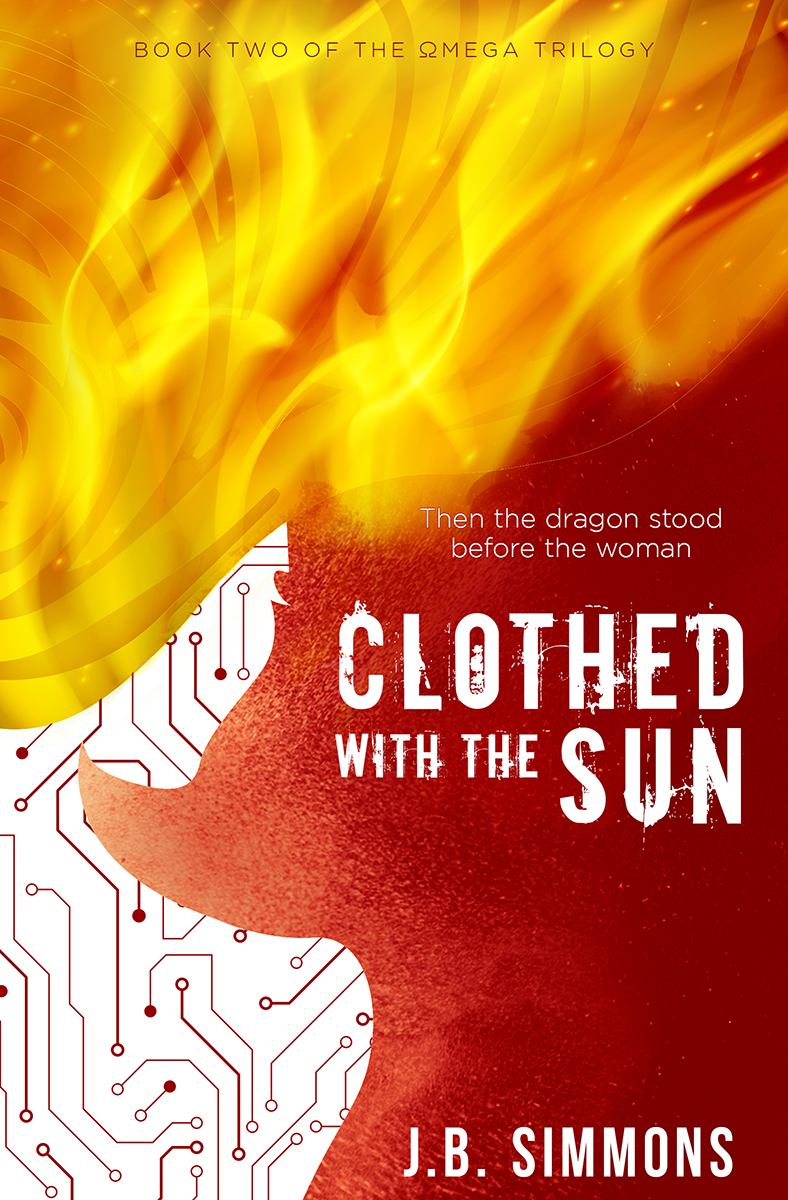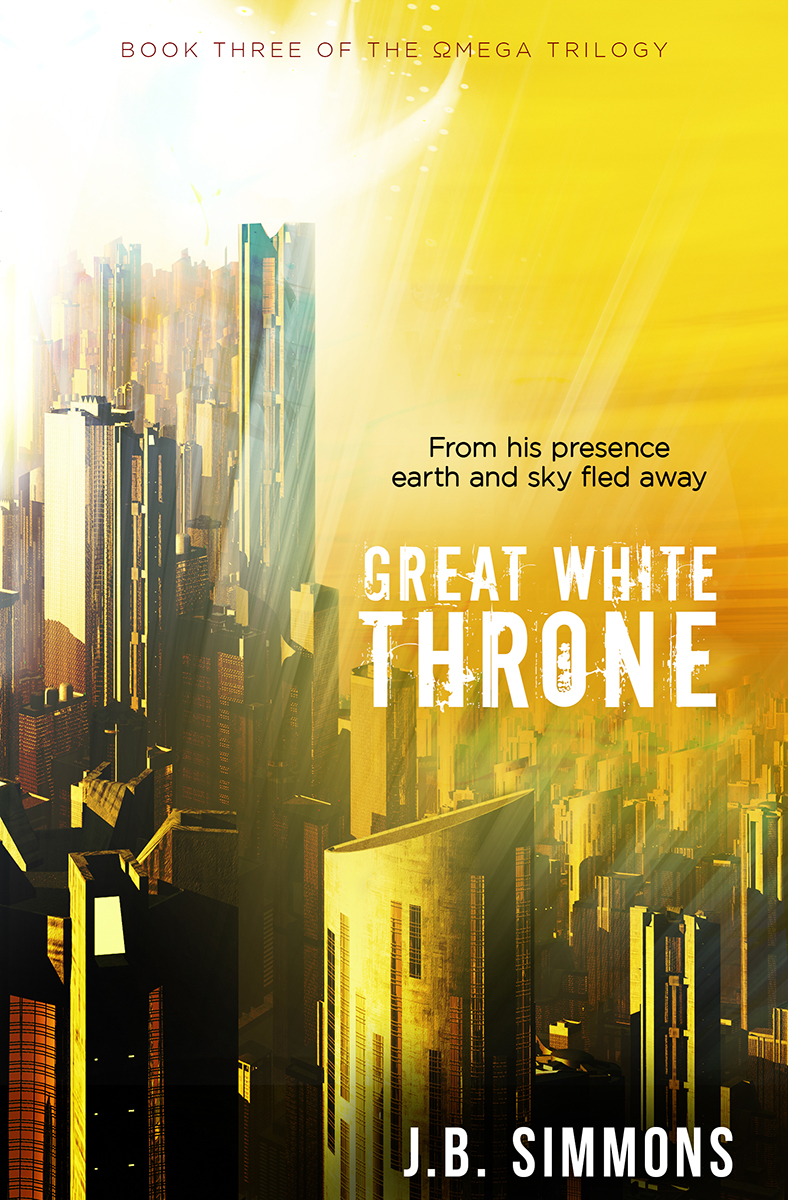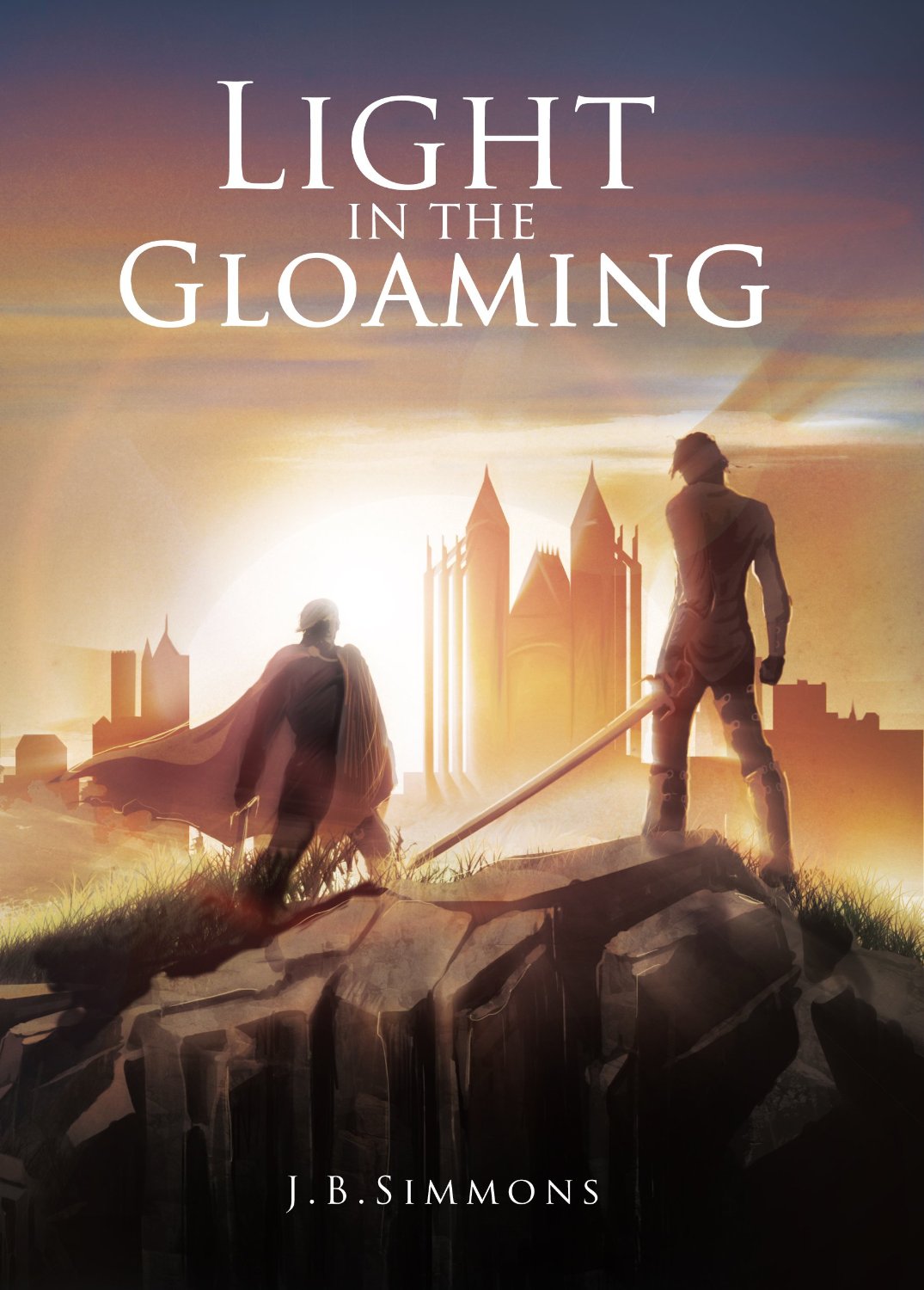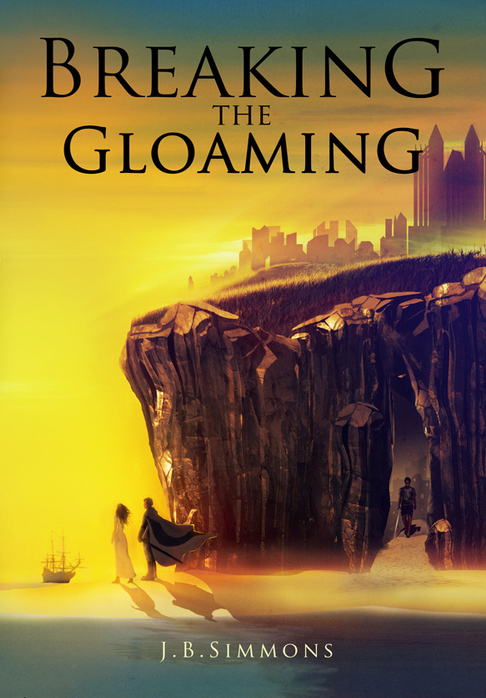Living Revelation: Understanding The End Times Mystery
/This is the last of my four posts about Revelation. This is where I give all the answers. Here’s how we got here:
- The bestselling book of all time has a crazy last chapter;
- Theories about that chapter’s mysteries can be dangerous; and
- Stories shouldn’t offer definitive answers, but we need more of them.
Now let’s find out what it means to live in revelation.
William Blake, A Vision of the Last Judgment (1808). If Blake were alive today, I'd invite him over for a drink, so I could hear him say things like this: "If the Spectator could Enter into these Images in his Imagination approaching them on the Fiery Chariot of his Contemplative Thought [...] then would he arise from his Grave."
Heed the Warning
Remember the author of Revelation? It’s a guy named John, a follower of Jesus, who was imprisoned on an island. He wrote about these wild things he saw, and he had to know it would cause confusion. Maybe that’s why he ended with some assuring words from Jesus, along with this threat:
I warn everyone who hears the words of the prophecy of this book: if anyone adds to them, God will add to him the plagues described in this book, and if anyone takes away from the words of the book of this prophecy, God will take away his share in the tree of life and in the holy city, which are described in this book. (Rev. 22:18-19)
That’s serious stuff. You don’t want those plagues, and you do want a share in the tree of life. So, in interpreting the book, it’s critical to add and remove nothing. This is harder than it sounds. For example, if some prophecy expert declares that a particular world leader is the antichrist, is that an interpretation of Revelation or an addition? If someone chooses not to believe that the sea will become blood and that everything in it will die, is that removing words from Revelation? If so, plagues await.
Steer clear of these risks. Be wary of modern-day prophets (Jer. 23:16).
Abandon the Labels
When talking about Revelation and the end times, we’d all be better off without labels. They are confining and misleading. Often a set of beliefs can’t fit within a single category, especially not with a book this crazy.
Try this game. When explaining what you believe, or when discussing what you might believe, don’t let the following words leave your lips: preterist, historicist, futurist, idealist, premillennial, postmillennial, amillennial, dispensationalist, and pre-tribulation rapture. You can even avoid millennium. None of those words appear in the Bible. You can live without them.
But wait, says the lexicon lover, those are useful words! That may be true, but remember, it’s risky to add words to the book. Try some words that actually appear in the text, like these: dragon, beast, great tribulation, woes, war, Babylon, angels, the Lamb, the thousand years, judgment, lake of fire, new Jerusalem, river of life, and coming soon. For example, my book Unbound does not fit cleanly under “amillennial” or “postmillennial” labels; it’s a story about what might happen after “the thousand years” have ended (Rev. 20:3).
Embrace the Story
Revelation is clear about when the end is coming: soon. But how soon, exactly? That’s the priceless question. That’s the question that sells books, packs an audience. And it’s the wrong question.
Most who peddle in prophecy admit they don’t really know. Yet many of them offer hints and connect verses to reality in ways that make you feel like you’re on the inside, like you know what’s really going on in the world. That’s snake oil. Don’t buy it wholesale. All a believer can know is that Christ will come soon, like a thief in the night.
If the book of Revelation leaves you hungry for more (and it should), then look to stories. Find tales that lift your eyes to the end and let you ponder the uncertainty. Here are three I recommend.
- The Last Battle by C.S. Lewis – This is a brilliant little allegory. It follows Puzzle the donkey in a lion-skin costume, tricked by a wily ape named Shift. If you know anything about Narnia, you might guess that a real lion is going to show up. This is an excellent way to ponder the end times—deep within a story, discovering truth in the folds of fiction.
- Father Elijah by Michael O’Brien – This is a profound and impressive book. It offers a Catholic outlook on the end times. While it is heavy on dialogue and light on action, the story builds plenty of tension. If you ever wonder how the battle of spiritual forces might look within the Vatican, read this. You’ll get no clear conclusions, but you’ll be uplifted by the artistic study of faith and love in a crumbling world.
- The Omega Trilogy by J.B. Simmons – This is my contribution. It’s a fast-paced thriller that defies labels and offers a glimpse at where technology is taking us. You’ll find ideas in this story that you’ve never heard before. That’s partly the point: to whet your appetite, to lift your eyes. You’ll also learn some history from the story, and you’ll have fun doing it.
Live in Revelation
At the beginning, I promised to give all the answers. That’s simple. Jesus already told us everything we need to know about Revelation: “behold, I am coming soon. Blessed is the one who keeps the words of the prophecy of this book.” (Rev. 22:7)
If you want to keep the words, read Revelation and remember it in your daily life. Don’t add to it. Don’t subtract from it. Live in it: have wise concern for the world’s path, with work for the Kingdom that’s coming next, and with hope for the last day.
He’s coming soon. Do what you can to remember that.
Let’s make our stories count – J.B.






